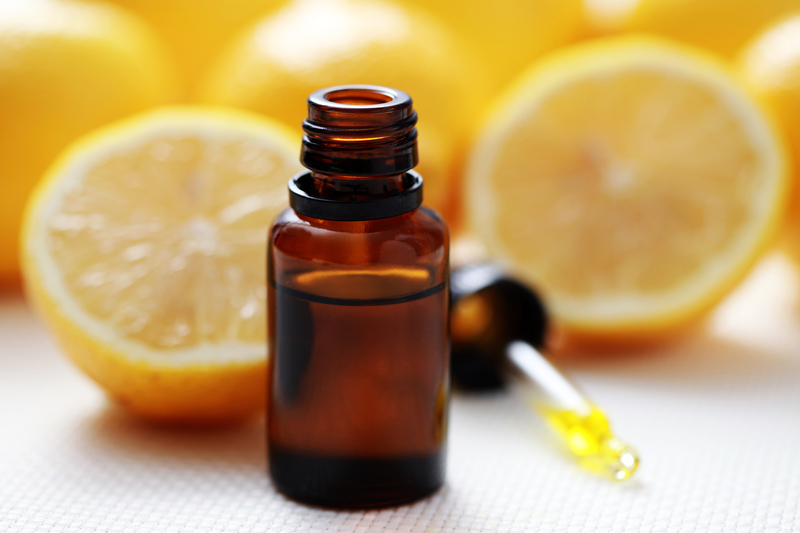Best Uses for Lemons in Cleaning
Posted on 23/08/2024
Lemons are not just for culinary purposes; they hold incredible power as natural cleaning agents. Their high acidity, natural antibacterial properties, and fresh fragrance make them an essential component in household cleaning tasks. This article will explore the best uses for lemons in cleaning, including tips, pros and cons, and key takeaways.
Lemon as a Surface Cleaner
Lemons are highly effective in cleaning various surfaces around your home. Here's how you can use them:
- Kitchen Counters: Mix lemon juice with a bit of baking soda to create a paste. Apply this to dirty or stained countertops, let it sit for a couple of minutes, and wipe it clean.
- Cutting Boards: Rub half a lemon over the surface of a wooden cutting board. The acidity will kill bacteria, and the abrasive texture will help remove stains.

Degreasing Power of Lemons
Lemon juice can cut through grease build-up effectively. Here is how you can utilize this power:
- Microwave Cleaner: Place a bowl of water with lemon slices in your microwave and heat it for 3-5 minutes. The steam will loosen hardened food particles, making them easier to wipe away.
- Stovetop Scrub: Sprinkle baking soda on a greasy stovetop, then scrub with half a lemon. It will leave the surface clean and shiny.
Lemon for Glass and Stainless Steel
Lemons can make your glass and stainless steel appliances gleam. Here's how you'd do it:
- Glass Cleaner: Mix lemon juice with water (1:1 ratio) and pour it into a spray bottle. Spritz it on glass surfaces and wipe with a microfiber cloth for a streak-free shine.
- Stainless Steel Polish: Dip a cloth in lemon juice and rub on stainless steel appliances. Wipe away any residue with a clean, dry cloth.
Lemon Deodorizer
The fresh scent of lemons can also double as an effective deodorizer around the house. Here are some methods:
- Garbage Disposal Freshener: Toss lemon peels into the garbage disposal and run it with cold water. The disposal will become clean and smell fresh.
- Refrigerator Freshener: Place a few lemon slices in a bowl and keep it within your fridge. It will absorb unpleasant odors.
Lemon for Laundry
Believe it or not, lemon can be beneficial in your laundry routine:
- Whitening Agent: For dingy whites, add 1/2 cup of lemon juice to your washing machine's rinse cycle to naturally bleach and brighten your clothes.
- Stain Remover: Apply lemon juice directly on stains before washing to help lift out grease and other tough spots.
Tips for Using Lemons in Cleaning
- Always rinse surfaces after using lemon juice to prevent any residual acidity from causing damage.
- Use freshly squeezed lemon juice whenever possible for maximum effectiveness.
- Wear gloves if you have sensitive skin, as the acidity can be irritating.
- Combine with other natural ingredients like vinegar or baking soda for enhanced cleaning power.
Pros and Cons
Cons
- Can be harsh on sensitive surfaces
- Requires more effort than chemical cleaners
- Short shelf life for fresh lemon juice

Key Takeaways
- Lemons are versatile and can be used for cleaning various household items like countertops, cutting boards, and sinks.
- They are particularly effective at deodorizing and removing stains.
- Their natural properties make them a safe and eco-friendly cleaning alternative.
Conclusion
Lemons are small but mighty tools in your cleaning arsenal. Their natural acidity and antibacterial properties make them perfect for tackling grime, disinfecting surfaces, and leaving your home smelling fresh. Despite some drawbacks, their eco-friendliness and cost-effectiveness make them a worthy choice for anyone looking to reduce their use of chemical cleaners. So next time you're about to toss out that lemon, think again--you might have the perfect, natural cleaning solution right in your kitchen.







